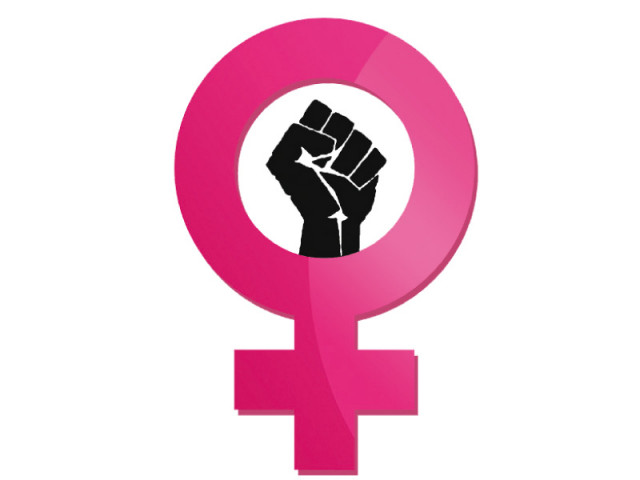Affirmative action: Ready for more women decision makers?
‘Women from all walks of life are invited to apply for posts’.

Women Development Department is inviting online applications from women seeking membership of the boards of statutory organisations, public companies and committees. PHOTO:FILE
The Women Development Department is inviting online applications from women seeking membership of the boards of statutory organisations, public companies and committees. The last date to apply is April 15.
The Punjab Fair Representation of Women Act 2014, passed on March 8, stipulates that at least 33 per cent of members on these boards will be women. Applications have been invited for arts and culture institutions, public sector companies and corporations, public sector organisations, public sector universities, regulatory bodies, research and development institutions, special task forces and committees. More than 1,800 women have visited the website, www.wdd.punjab.gov.pk, and more than 600 have applied for these posts so far.
Provincial Commission on the Status of Women Chairperson (PCSW) Fauzia Viqar told The Express Tribune that this decision could be instrumental in changing work environment for women in the Punjab. “This is a significant step towards fair representation of women but the women selected for these positions must participate actively in the decision making processes.”
Viqar said the Act had created space for women in decision making. “There is no doubt about its impact on governance. Gender diversity in public offices will allow women to influence major decisions and bring in new perspective and experiences for decision making in the public sector.”
She said it will also help create opportunities for socio-economic development and will have an overarching effect on the status of women in the society.
Women Caucus convener Uzma Bukhari said women’s participation in decision making was a significant step towards gender equality. The 1995 Beijing Platform for Action emphasised that equal participation of women in decision making was necessary for women’s interests to be taken into account. “Equality and empowerment cannot be achieved without women’s participation in decision making,” she said.
Bukhari further said that the Convention on the Elimination of All Forms of Discrimination against Women (CEDAW) had called on the state to take appropriate measures to eliminate discrimination against women in political and public spheres. Decision-making at high ranking positions provides women with strategic opportunities to shape and influence development policies and programmes.
“Globally, the benchmark for women’s participation in decision making is 33 per cent,” she said.
Women Caucus secretary Hina Pervaiz Butt, said, “The passage of the Fair Representation of Women Bill was a remarkable achievement...67 laws were amended and 25,000 positions created for women in one day.”
This will ensure that women’s interests are prioritised and no discriminatory policies were enacted, she said. “Issues of whether women are given due recognition and rights in these organisations, whether they are being harassed or discriminated against, will be addressed in a more effective way,” she said. “Hopefully, this will encourage private institutions to follow the government’s suit and invite women to be part of their decision-making bodies too.”
Minister for Women Development Hameeda Waheeduddin said women interested in becoming part of decision making bodies in the province could submit their applications online through their web portal: www.wdd.punjab.gov.pk. “Women from all walks of life and backgrounds should visit the website and participate in this exercise.
Women Caucus treasurer Dr Nausheen Hamid said, “I believe this is a great step towards achieving women empowerment but we need to ensure that the applications we receive are properly scrutinised and that the women are selected on merit.”
Published in The Express Tribune, April 6th, 2014.



















COMMENTS
Comments are moderated and generally will be posted if they are on-topic and not abusive.
For more information, please see our Comments FAQ